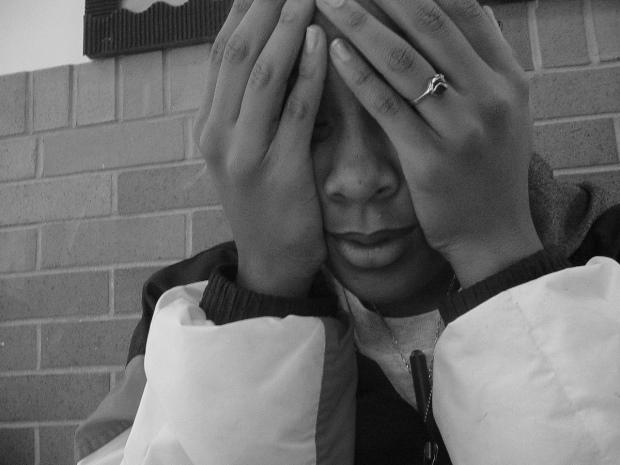Renee Milner
The Intersection of Stigma and Culture.
October 5th-11th has become the designated week for Mental Health Awareness. We have cancer, Alzheimer, and diabetes awareness week; so it seems only appropriate to bring awareness to the significance of mental health (yes, it is a thing!)
So, what does this have to do with African-Americans in particular?
More than you think.
Lets look at a few facts for a minute: According to a survey done by Mental Health America, 63 percent of African Americans believe that depression is a personal weakness, this is significantly higher than the overall survey average of 54 percent.
Only 31 percent of African Americans believed that depression was a health problem.
When you combine these percentages with the fact that PTSD is diagnosed more often in young black males than young white males due to violence, it is hard to ignore.
A percentage of African-Americans psychologically suffer, but will not seek the help they need due to stigma, socioeconomic status, or the cost of therapy.
The Affordable Health Care Act greatly assists some with the cost of treatment or therapy, but for some mental health help will likely still not be sought out. The National Alliance of Mental Illness discusses on its site that many African-Americans will not seek professional help, because to some; mental health is not viewed as a medical problem. Many recognize faith and spirituality as great sources of healing and support, but these must not be the only solutions. Often, there are true medical problems that need to be addressed.
What is a solution to the stigma surrounding this cultural viewpoint?
One solution may involve the combination of spirituality and therapy. African-Americans have found great success in seeking help that combines “the best of both worlds.” There seems to be a benefit in placing trust in a therapist who understands and uses their faith to find healing and peace. While some reliance on friends and family is great for support, it is important to recognize when a professional is needed to treat a medical or psychological condition. Instilling trust in someone who integrates your faith into treatment is a great option.
So, what can you do? Do you have a loved one who is suffering? Let them know you want to understand how they feel. Do not suggest that they should “just deal with it and be happy.” Mental health is something to be aware of; our brains need care too! Help others in our culture stay healthy and happy.
#stopthestigma #idefinestrong
Helpful Links:
National Alliance of Mental Health (NAMI
African American Mental Health
Disclaimer:
The information contained in blog posts does not necessarily reflect the views of Solace Counseling and Consulting LLC. This blog is the opinion of an individual and is not to be construed as professional advice, psychological diagnosis, or a professional relationship between the reader and the writer. Blogs are intended only to be used by consumers in search of general interest information pertaining to mental health, relationships, counseling, and related topics. Content on this website is not intended to replace or serve as a substitute for professional consultation or service. If you require help with mental health issues please contact a licensed therapist or psychiatrist in your area. If you are experiencing an emergency, head to your nearest emergency room or call 911. The posts on this website are copyright of Solace Counseling and Consulting LLC and their writers (unless otherwise sourced). They can be re-blogged or re-posted on social media but cannot be reproduced or uploaded without permission.

